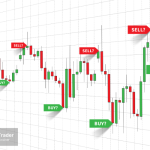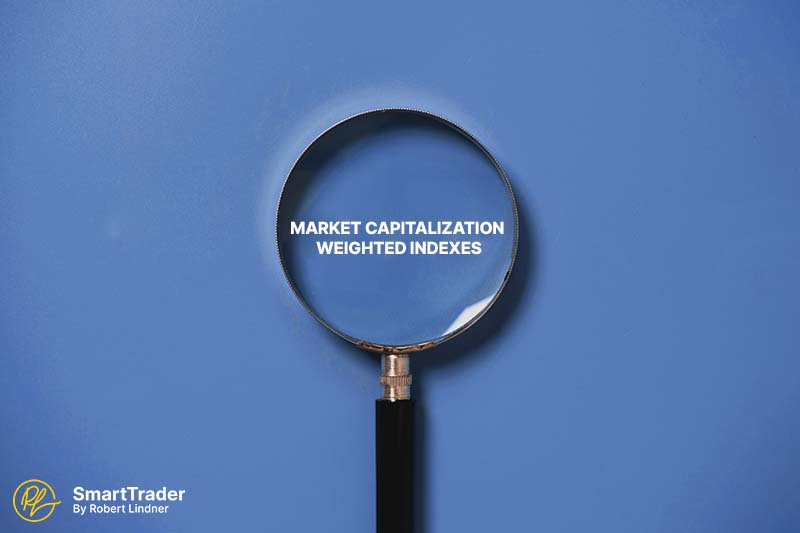[mar-kat ka-pa-ta-la-‘za-shan ˈweɪ.tɪd ˈɪn.deks ]
A market capitalization weighted index is a type of stock market index in which the components are weighted based on their market capitalization.
What is Market Capitalization Weighted Index (MCWI)?
A MCWI is a type of stock market index that reflects the relative market value of the component companies. In this type of index, the weighting of each individual company's stock is determined by its market capitalization, or the total value of its outstanding shares. This means that companies with larger market capitalizations have a greater impact on the index's performance than those with smaller market capitalizations.
Market capitalization weighted indexes are widely used as a benchmark for investment performance and are often used as the basis for passive index funds, which aim to replicate the performance of the index. As a result, changes in the market capitalization of individual companies can have a significant impact on the performance of the index as a whole.
Key Takeaways
- Market capitalization weighted index is a type of stock market index where the individual components are weighted based on their market capitalization. This means that the components with higher market capitalizations have a greater influence on the index's performance than those with lower market capitalizations.
- The MCWI is a popular benchmark used to evaluate the overall performance of the stock market. This type of index is commonly used as a basis for passive investing through index funds and ETFs.
- Changes in the market capitalization of individual companies within the index can have a significant impact on the index's overall performance. This is because companies with higher market capitalizations have a larger impact on the index's performance.
Example
The S&P 500 is a well-known example of a MCWI. The S&P 500 tracks the performance of 500 large-cap U.S. companies, and its components are weighted based on their market capitalization.
For example, as of February 25, 2023, the five largest components of the S&P 500 by market capitalization were:
- Apple Inc. (AAPL) – Market Cap: $3.10 trillion
- Microsoft Corporation (MSFT) – Market Cap: $2.58 trillion
- Alphabet Inc. (GOOGL) – Market Cap: $2.28 trillion
- Amazon.com, Inc. (AMZN) – Market Cap: $1.87 trillion
- Meta Platforms, Inc. (FB) – Market Cap: $1.06 trillion
These companies have a much larger market capitalization than other companies in the index, and therefore have a larger weight in the index's performance. The weighting of these companies can have a significant impact on the performance of the S&P 500 as a whole, given their size and influence in the stock market.
Back to Glossary.






